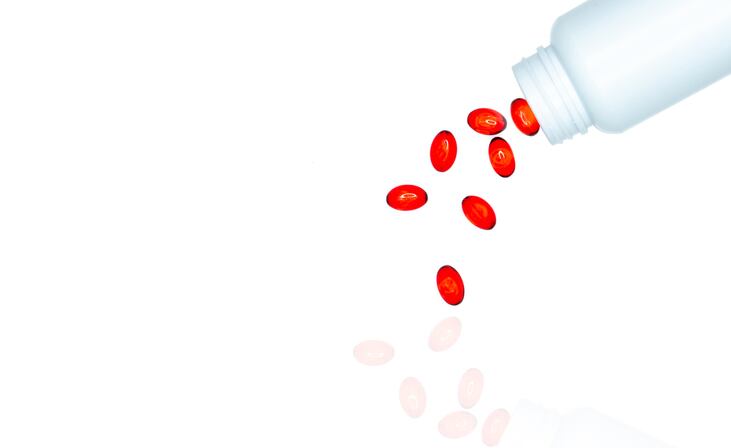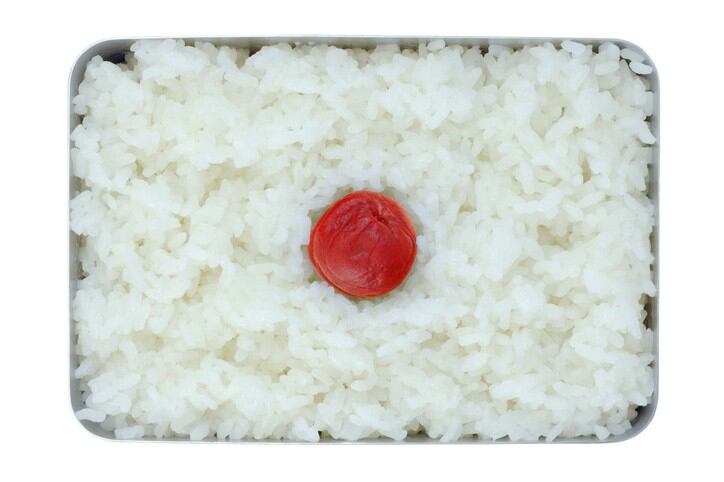Docosahexaenoic acid (DHA) is essential for neurodevelopment in children, and its concentration in human breast milk is historically high in Japan.
However, previous studies have typically only utilised food frequency questionnaires which only assessed food and beverage intake, excluding supplements.
Hence researchers wanted to assess the effects of both diet and supplement use on milk fatty acid composition in this study.
The research was funded by both Japanese companies and published in the Current Developments in Nutrition journal.
Study design
This cross-sectional study was performed as part of the Japanese Human Milk Study, recruiting 78 mothers who were healthy and lactating, with infants between zero to six months old.
As part of this study, participants were asked to collect breast milk samples daily for one week. The macronutrients, energy composition and fatty acids composition was analysed using methods including gas chromatography.
Participants also had to complete a brief-type self-administered diet history questionnaire (BDHHQ), which was a short version of the diet history questionnaire (DHQ). It assesses dietary intake during the previous month. In addition to dietary intake, a separate questionnaire collected information on frequency of supplement consumption.
Maternal diet
The consumption of fish and seafood is known to increase milk DHA content, as reported in previous studies.
In this study, while preparation methods included raw, grilling, broiling and deep-frying, only grilled fish was positively associated with an increase in milk DHA concentrations.
Researchers pointed out that grilling was the most common way of cooking fish in Japan, and can be the most representative in the consumption of DHA-containing fish especially in younger Japanese populations.
Supplementation
The median DHA content in this study population was 0.62%. Naturally, supplement users had higher DHA content at 0.75% compared to participants who have never used (0.55%).
In this study, 31% of participants reported the use of DHA supplements, mostly in the form of fish oil (350mg DHA).
They pointed out that the frequency of DHA supplementation rather than dosage would have a larger effect on DHA concentration in breast milk. “Since DHA absorption is affected by their structural nature, phospholipid-bound DHA can be considered for further analyses.”
Globally, the mean concentration of DHA in breast milk is about 0.3%, although this figure varies according to geographic location and local environmental factors. In previous studies, Japan, the Philippines and South Korea reported higher DHA concentrations in breast milk, compared to US and Canada.
Interestingly, researchers found that oleic acid content was found to be higher in DHA supplement users. They said it was unlikely that DHA derived from fish oil supplements would be associated to oleic acid, since oleic acid is naturally present in high amounts in olive oil and canola oil.
They suggested further investigations and intervention studies to identify factors associated to milk fatty acid concentrations, and particularly focusing on lactation to determine the implications of DHA supplementation for infant development.
In addition, they recommended shorter estimates such as a 2-hour recall could be possible options to investigate more direct relations between the DHA intake and milk DHA concentration.
The researchers said: “Our results suggested the milk DHA concentration in Japanese mothers reflected current seafood consumption and increasing adoption of DHA supplementation.”
Source: Current Developments in Nutrition
https://doi.org/10.1093/cdn/nzaa105
“Association of Docosahexaenoic Acid Concentration in Human Breast Milk with Maternal Diet and Use of Supplements: A Cross-Sectional Analysis of Data from the Japanese Human Milk Study Cohort”
Authors: Hiroshi M Ueno, et al.




